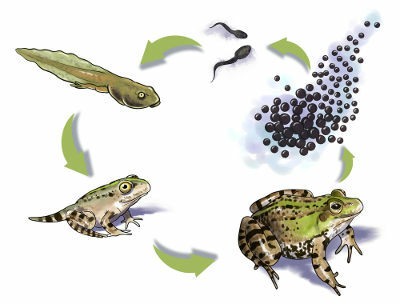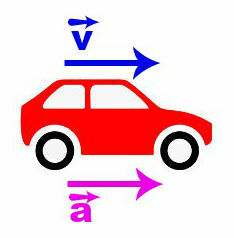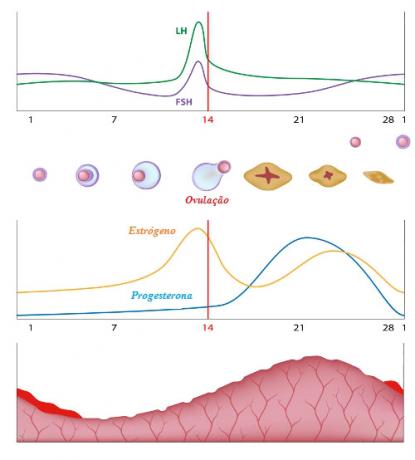The study of the Portuguese language has several peculiarities, since our mother tongue is very rich. Structure and formation of words is one of the contents that yield pages and study pages.
from latin parable, word is a set of articulated sounds that express ideas and have a representation: the spelling. We realize, therefore, that this content is full of aspects to be analyzed and one of them is what constitutes the words: the morphemes.
Morpheme is the minimal unit endowed with meaning that integrates the word. These structures are constituent parts of the grammatical and lexical field of words.
lexical morpheme
This part of the word is also known as radical, which is the nucleus that houses the external meaning of the word.
Example:
wither – withia - within - withilo: with is the lexical morpheme of the word eat
workO - workador - workam – workbone: work is the lexical morpheme of the word work.
There are words that cannot be broken down into smaller significant forms because they only have the stem.
Example:
sun, sea, air, today, pencil, moon, chalk, foot.
grammatical morpheme
Grammatical morphemes are the internal meaning units of words. These join with the stem and indicate the grammatical class of the word.
Do not stop now... There's more after the advertising ;)
- Additive morphemes
1) prefix - appears before an existing word:
respect → desrespect
2) suffix - appears after the root or theme of a word:
plant → plantaction
cool → coolmind
3) interfix – apresents the union between the root and the suffix:
stony →stone (source)
eg (interfix)
bone (suffix)
4) infix - is inserted inside another morph (physical, graphic or phonic realization of a morpheme: root, {S} to indicate plural etc.), usually the root:
chop (radical: pic) → p-in-icar
If we understand that stinging comes from stinging,
we will notice the presence of the infix /-in-/.
pic (source)
in (infix)
- subtractive morphemes
They are morphemes that have a phoneme from the stem removed in order to make a difference in the meaning of the word.
A-N-AO / a-N-A
orphanO / orphan
- Morpheme Zero
The zero morpheme is not the same as the subtractive morpheme, since the zero morpheme is the absence of an opposition mark. grammatical in reference to another marked term, that is, when the existence of a morpheme only exists thanks to the existence of the other.
MarØ ←This absence identifying the singular is the zero morpheme
seas
by Mariana Pacheco
Graduated in Letters
Would you like to reference this text in a school or academic work? Look:
PACHECO, Mariana do Carmo. "What is a morpheme?"; Brazil School. Available in: https://brasilescola.uol.com.br/o-que-e/portugues/o-que-e-morfema.htm. Accessed on June 28, 2021.



